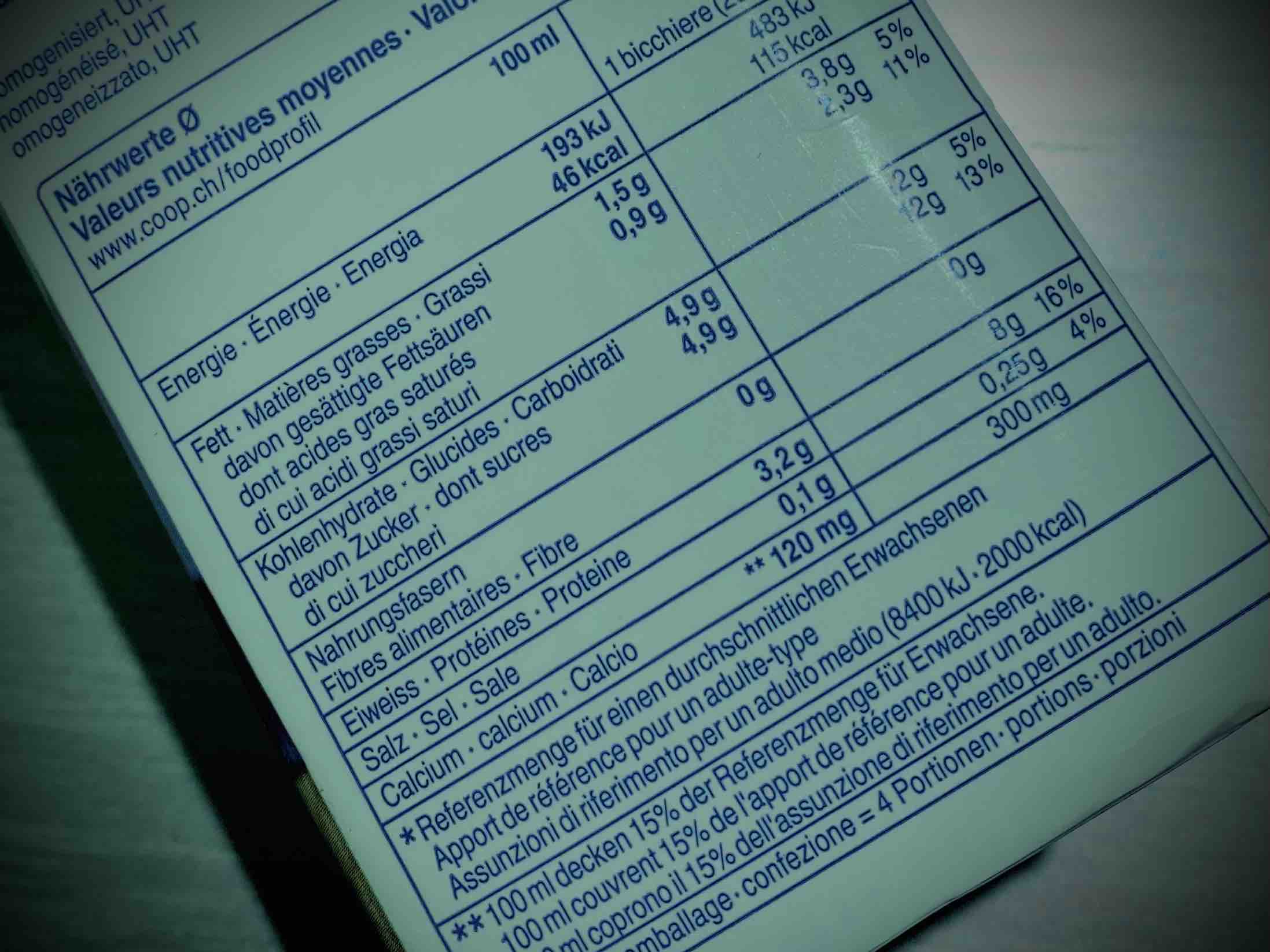01.12.2022 | Amatin NewsBlogs
17.11.2022 | Amatin NewsBlogs
 Food labelling: legal requirements, country of origin and risk of misleading
Food labelling: legal requirements, country of origin and risk of misleading
Labelling of food products must comply with legal requirements of those countries where such products are sold. In any case the food labelling shall not mislead consumers as to the characteristics of a food product, including its nature, properties, composition, quantity, country of origin etc. Non-compliance of the food labelling may entail significant business losses, inter alia those related to imposition of fines, destruction of packaging containing non-compliant labelling as well as damaged reputation of the food market operator.
We would strongly recommend: i) ensuring compliance of food labelling with legal requirements of those particular countries where such products are intended to be sold, as well as ii) regular monitoring of both relevant law enforcement practice and anticipated legal developments in order to bring business practices of food market operators in line with new approaches
03.11.2022 | Amatin NewsBlogs
 Data protection (GDPR) and breach of employees’ personal data
Data protection (GDPR) and breach of employees’ personal data
Sometimes companies forget to take care of proper protection of personal data of their staff (including current, former and potential employees) according to applicable data protection regulations, inter alia, the EU General Data Protection Regulation (GDPR) which has extraterritorial force.
In order to mitigate the risks of being fined for the breach of employees’ personal data, we would recommend, inter alia:
- developing internal documents of the company which would regulate processing of personal data of its current, former and potential employees in compliance with applicable data protection regulations (including GDPR), taking into account relevant law-enforcement practice,
- conducting trainings for employees in order to bring to their attention requirements and restrictions in the area of personal data protection,
- implement other necessary organizational and technical measures in the area of data protection,
- before processing any personal data – assessing it on case-by-case basis and making sure that there is indeed a valid legal basis for such particular data processing.
03.10.2022 | Amatin NewsBlogs
 Data protection (GDPR): transfer of personal data to third countries and modernised standard contractual clauses
Data protection (GDPR): transfer of personal data to third countries and modernised standard contractual clauses
While transferring personal data to other countries, it is important to ensure appropriate data protection under applicable laws, including the General Data Protection Regulation (the GDPR) of the European Union. Before transferring personal data to any third country, we would recommend: 1) checking whether such country ensures an adequate level of protection (i.e. whether it is included in so called adequacy decisions of the European Commission), 2) if not – applying the modernised standard contractual clauses for the transfer of personal data to third countries.
08.09.2022 | Amatin NewsBlogs
 Data protection (GDPR): importance for companies outside the EU
Data protection (GDPR): importance for companies outside the EU
The EU General Data Protection Regulation (GDPR) has extraterritorial force and also applies to non-EU companies which meet certain criteria.
We would recommend companies, including those which are based in non-EU countries: (1) conducting an audit of the company's business processes in order to identify whether the personal data which is processed by such company, as well as its processing activities are covered by the extraterritorial reach of the GDPR; 2) if yes, - ensuring compliance with the GDPR, inter alia, developing all necessary documents and procedures.
20.07.2022 | Amatin NewsBlogs
 Doing business in foreign countries: issues that deserve your attention
Doing business in foreign countries: issues that deserve your attention
It is important to ensure that the business launch in foreign markets is well-planned and fully complies with applicable local regulations of particular countries and international law.
While choosing a model for conducting business abroad, all pros and cons, including tax consequences, should be weighed taking into account peculiarities of a particular business and local regulations.
We would also highly recommend conducting Due Diligence (background checks) of both potential and current business partners (including their ultimate beneficiaries, CEO and signatories of the contracts).
While conducting negotiations and drafting agreements with business partners, it is vital to keep in mind risk zones, identify and assess all potential risks, as well as develop proper risk mitigation tools.
07.07.2022 | Amatin NewsBlogs
 Exclusive distribution: new rules, risks and opportunities
Exclusive distribution: new rules, risks and opportunities
While drafting, negotiating and implementing agreements, business entities have to make sure that such agreements comply with a number of legal requirements, inter alia with applicable antitrust and competition regulations. While dealing with foreign companies, it is very important to take into account restrictions imposed by imperative rules of respective jurisdictions.
30.06.2022 | Amatin NewsBlogs
01.03.2018 | European Food and Feed Law Review
 Protection of EU Geographical Indications in Ukraine: EU-Ukraine Association Agreement and Other Available Tools
Protection of EU Geographical Indications in Ukraine: EU-Ukraine Association Agreement and Other Available Tools
The EU-Ukraine Association Agreement is one of the tools to protect EU geographical indications in Ukraine (inter alia, geographical indications for wines, foodstuffs and agricultural products, such as Champagne, Cognac, Madeira, Jeres, Marsala, Tokaj, Feta, Roquefort, Parmigiano Reggiano, etc.).
01.12.2017 | European Food and Feed Law Review
 New Rules of State Control over Food and Feed in Ukraine: Perspectives for Business
New Rules of State Control over Food and Feed in Ukraine: Perspectives for Business
The system of state control over food products and feed, as well as animals’ health and welfare, belongs to the high-priority areas in Ukraine where harmonisation of the local regulations with the EU laws takes place. Since the Law of Ukraine “On Basic Principles and Requirements for Safety and Quality of Food Products” was adopted in 2014, some basic principles of the European state control system in food area have already been implemented in Ukraine.
10.01.2017 | European Food and Feed Law Review
 Harmonization of Ukrainian Food Safety Legislation with EU Law
Harmonization of Ukrainian Food Safety Legislation with EU Law
Ukraine is undergoing a process of reforming its legislation and aligning it with EU law in multiple spheres, including food safety law. The EU-Ukraine Association Agreement has become the key catalyst of the reform, as it stipulates a complex program for approximation of the Ukrainian legislation with the European one. In this article we review the EU-Ukraine Association Agreement from the perspective of its influence on the business relations between the parties, the steps that have been taken in Ukraine in order to reform its food safety legislation and improve the business climate, as well as the further steps that are planned to be taken in the near future.